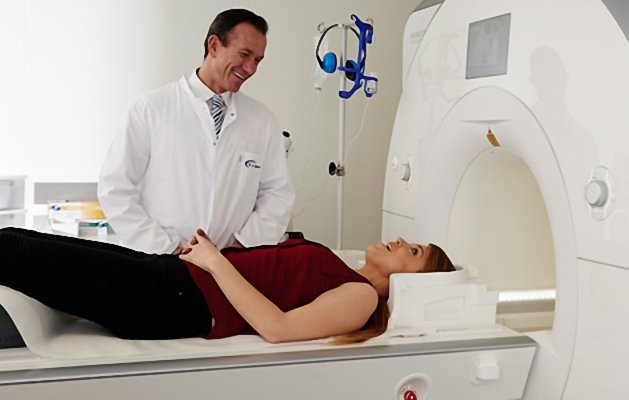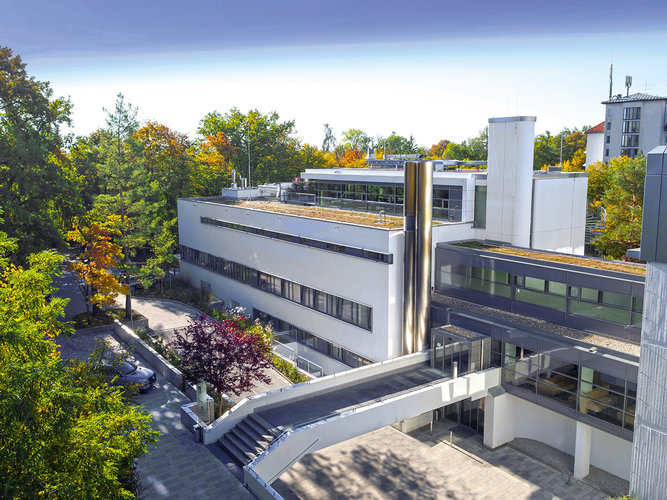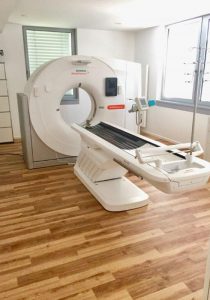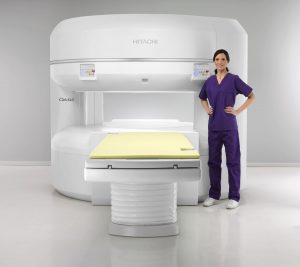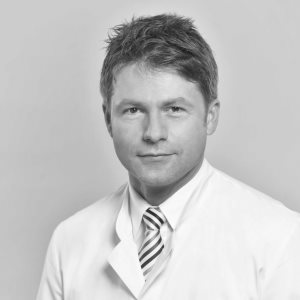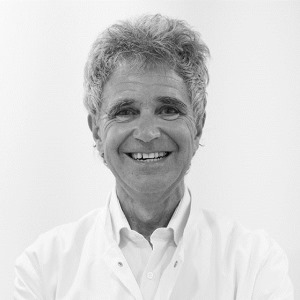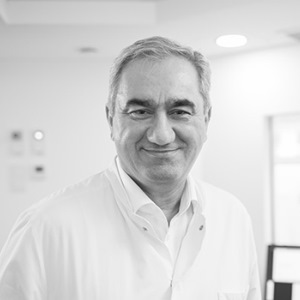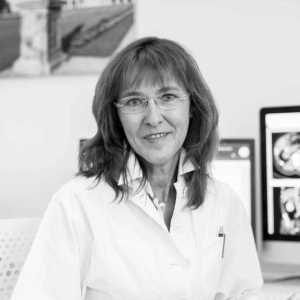Center Of Radiology Of Munich (Conradia)
The Munich Radiology Center (Conradia) is one of the best diagnostic and preventive institutions in Germany, providing individuals, corporate clients and foreign patients with a wide range of modern medical services. Specialists of the center are engaged in the assessment of the current state of health of patients, identify signs of possible pathologies and give recommendations for the prevention and preservation of health.
The main focus of the Radiology Center Munich (Conradia) (formerly known as Diagnostik Munich) is to prevent risks, preserve the vitality and working capacity of patients.
Prices for procedures
Diagnostics
Treatment
Clinic doctors
About clinic
The Munich Radiology Center (Conradia) specializes in the following areas of medicine: radiology, nuclear medicine, cardiology and therapy. The Center has united under its roof a team of highly qualified world-renowned doctors who are experts in the field of preventive medicine and help patients identify and minimize individual health risks and improve their quality of life. The attending physicians develop a program of examinations that perfectly meets the individual needs of each patient of the Center.
The Munich Radiology Center (Conradia) has 7 locations, 6 of which are located in clinics in Munich, 1 – in the suburbs, on the basis of the urological clinic Munich-Planegg.
- Accumulated extensive work experience due to a large number of surveys conducted.
- A wide range of diagnostic services:
- Magnetic resonance imaging with high resolution, no radiation exposure and dynamic layer-by-layer images.
- Computed tomography with the highest resolution, non-overlapping layer-by-layer images and low radiation load.
- X-ray, which is produced using modern digital equipment that allows you to take pictures with a low dose of radiation.
- Sonography (ultrasound) is a method of examination without any risk of radiation exposure.
- An interdisciplinary approach to the diagnosis and prevention of diseases.
- A team of highly qualified doctors recognized in the medical community.
- Providing comprehensive diagnostic services and dispensary medical care.
- Centralized appointment management.
- Constant support of foreign patients by professional translators.
Magnetic resonance imaging (MRI)
Magnetic resonance imaging is a diagnostic method without irradiation of the body, in which images of various areas of the body are obtained using electromagnets and radio waves. This procedure is safe and recommended even for pregnant women (from the 2nd trimester) and children. The Munich Radiology Center is equipped with three" semi-open " Siemens Aera MRI machines (1.5 tesla), one MRI machine Siemens Skyra (3 tesla), Philips Ingenia MRI machine (3 tesla) and Philips MRI machine (1.5 tesla). It is very important that they all meet the needs of patients with claustrophobia.
Computed tomography
Computed tomography is a modern method of imaging in radiology, which allows you to obtain images in the cross-section of the examined body parts.
For the procedure, the patient is placed in an X-ray tube, which emits beams of X-ray radiation. The detector system on the opposite side measures the radiation parameters and evaluates them. Thanks to this, detailed images of internal organs and all parts of the body are obtained.
Nuclear Medicine
Using the advanced capabilities of nuclear medicine, doctors, through the introduction of radioactive isotopes, obtain images of various organs and can conduct studies of their work. At the same time, some radioactive isotopes can also be used for medicinal purposes.
The nuclear medicine department of the Munich Conradia Center mainly uses the artificially produced radioactive isotope technetium-99m (Tc-99m), which has a very short action time with a half-life of about 6 hours and is administered intravenously.
Digital radiography
A widely used painless and fast diagnostic examination method. This is a procedure during which static images of the skeleton and internal organs are made. Digital radiography is used to examine the chest, kidneys, ureter, bladder and skeleton, etc.
Ultrasound scanning
Ultrasound scanning is a radiation-free medical imaging procedure that creates two-dimensional images in real time. Images of the size, shape, and structure of the area under study are transmitted to the monitor.
Ultrasound examination is perfect for areas where there are no bones. Ultrasound is used to study the soft tissues of the neck, thyroid gland and internal organs, as well as to diagnose cancer.
- Translation services.
- A shuttle service is available.
- Radiology.
- Nuclear medicine.
- Cardiology.
- Therapy.
- Urology.
- Oncology.
- Diseases of the musculoskeletal system.
- Heart disease.
- Prostatitis.
- Check-up.
- MRI.
- CT.
- Ultrasound.



